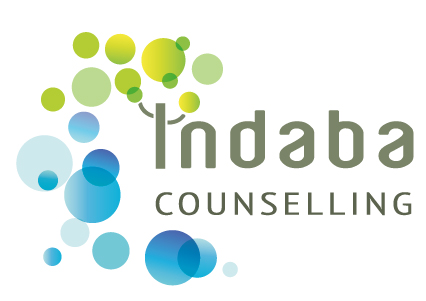What Is Supervision And Why Do We Need It?
Having supervision means that a therapist meets with another counsellor to discuss and review client work, along with their professional and often personal development. This protects clients and adds value to the service offered by improving the ability of therapist through the aid of an objective, supportive individual. A supervisor encourages a counsellor to reflect on their practice and facilitates on-going self –development, linking their work to theory, and encouraging continuous learning. Essential self-monitoring of the supervisees own feelings and thoughts which might arise from client work is explored. All counsellors and psychotherapists, regardless of experience, need supervision, and professional bodies such as the British Association for Counselling and Psychotherapy consider it an ethical imperative.
Information For Counsellors
I see supervision as a dynamic working alliance between myself and a counsellor, and a joint exploration of material presented by the supervisee. I practise a Person-Centred approach and facilitate an opportunity for a therapist to reflect on their practise, receive feedback and encouragement, and where appropriate, guidance. In Person-Centred Supervision, the counsellor brings themselves such that the focus is largely on the counsellor as opposed to the client. My object is to enable the counsellor to gain in ethical competence, confidence, compassion and creativity, so as to be able to give the best possible emotional and therapeutic support to their clients. I encourage a constant curiosity so as to avoid complacency and to promote constant growth and self-awareness around emotional responses and how these impact in the therapy room.

I encourage supervisees to develop their skills, knowledge and understanding as counsellors, and to reflect on and evaluate their practise. I believe in providing a therapeutic space that offers a non-judgemental environment as it affords an opportunity to address thoughts and feelings that arise from client work. In line with this I assist in monitoring standards and ethics of practise, adhering to the BACP Ethical framework. I recognise that each party has unique and valuable knowledge and experience and that we can learn from each other.

While the focus may be on the supervisee, there is a responsibility to the client, and as such I consider it a three way liaison of counsellor, supervisor and client, comprising:
– Support and encouragement
– Teaching and integrating theoretical knowledge and practise
– Assessment in the maintenance of standards
– Transmission of professional values and ethics
Stewart, W., 1997. An A-Z of Counselling Theory and Practice.
Supervision is an essential element of counselling practice and the BACP recommendation is one and a half hours every month, with additional supervision should client load be heavy or if a specific issue arises requiring consultation.
If you are not based in Bournemouth, but would still like to make use of my services, I am able to assist with online supervision. To learn more see: Online Counselling and Supervision. This could be especially useful if you find yourself in a remote location and are unable to find someone in your area to provide supervision and support.
To read my supervision references from clients, see Supervision References


